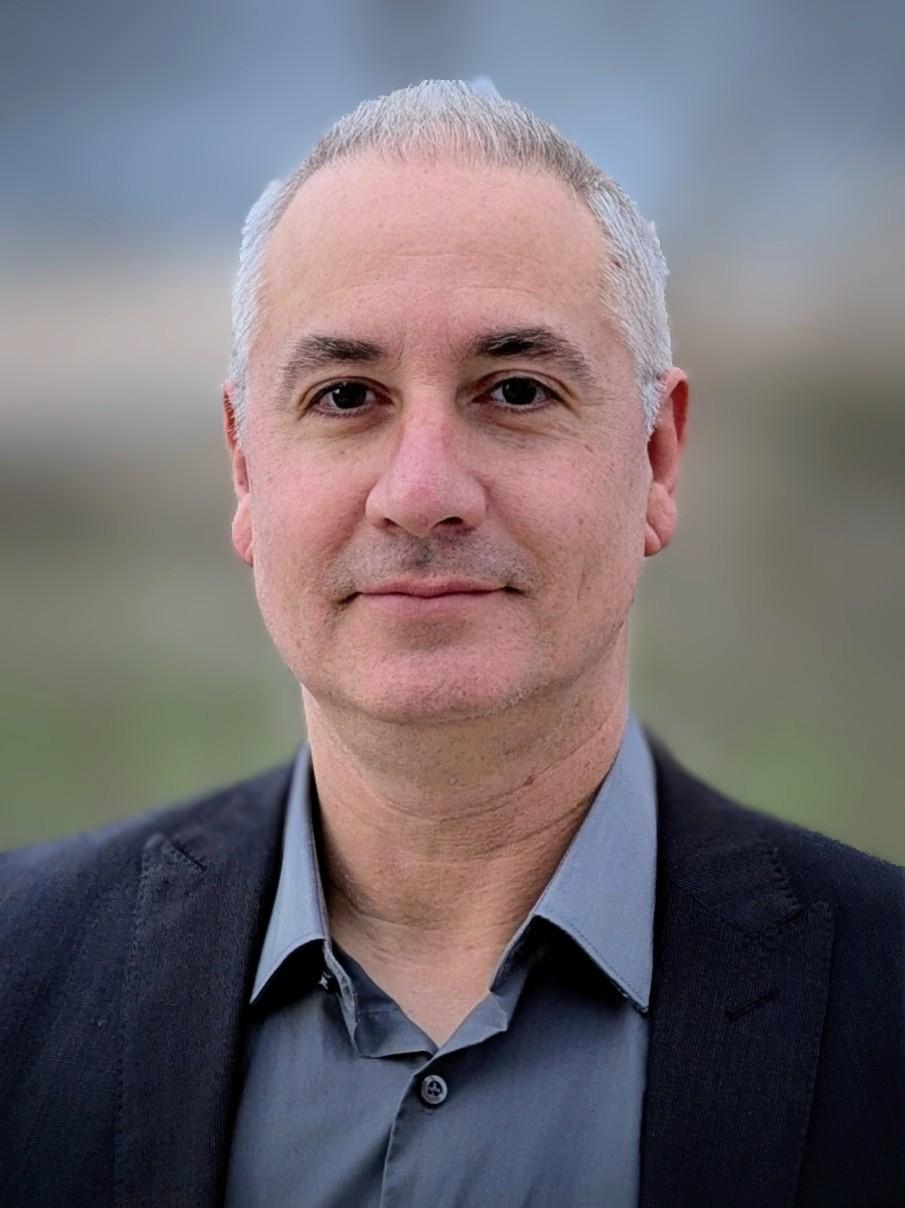
Dr. Brian Kisida, an associate professor in the Truman School of Government and Public Affairs at the University of Missouri, has been named to the 2025 class of Andrew Carnegie Fellows. Awarded by the Carnegie Corporation of New York, the fellowship is one of the highest honors in the social sciences and humanities. Dr. Kisida became the university’s first recipient after University of Missouri President Mun Choi nominated him for his impactful work in education policy.
The Andrew Carnegie Fellows Program, now in its 10th year, supports high-caliber scholarship and research. Since 2024, the program has focused on developing research focused on political polarization in the U.S.
The fellowship comes with a research stipend, which Kisida will use to study civics education in public schools. For the project, he will assess the current state of K-12 civics education across different states. Then, he will help develop ways for states to measure whether students are learning the values and mindsets that support healthy democratic participation.
"Democracy is more than a process. Good civic education requires more than learning facts and procedures, such as how a bill becomes a law,” he said. “It’s about understanding and appreciating the principles that hold democracy together. Embedded in our democratic procedures are virtues and values. Upholding these values is key, otherwise our democratic processes run the risk of being weakened or ignored. Aspects of our democratic system — the right to free speech and expression, due process, separation of powers, the rule of law and so on — are more than mere processes. They implicitly convey values, such as tolerance, individual liberty, political equality and the virtue of compromise. Explicitly imparting these values to future generations is a key ingredient to reducing polarization. Our democratic system is designed to be more than a zero-sum battle between winners and losers. It’s about working together to find common ground to achieve shared goals.”
Kisida hopes the work will also aid researchers in determining which teaching methods best help students develop into responsible, open-minded citizens. “In today’s divided political climate, we need to be more intentional about teaching the virtues of democracy,” he said. “Public education has incredible reach, and if we want to strengthen our democracy, students need to learn not just government facts, but also how to constructively participate in and preserve our democratic way of life.”
Dr. Kisida was one of 26 scholars selected for the Andrew Carnegie Fellowship out of more than 300 applicants. “I’m incredibly honored to be selected as a Carnegie Fellow,” he said. “I’m grateful that the Carnegie Corporation recognizes the importance of this work, and I’m eager to focus on a project that has meaningful, real-world potential to strengthen democracy through education.”